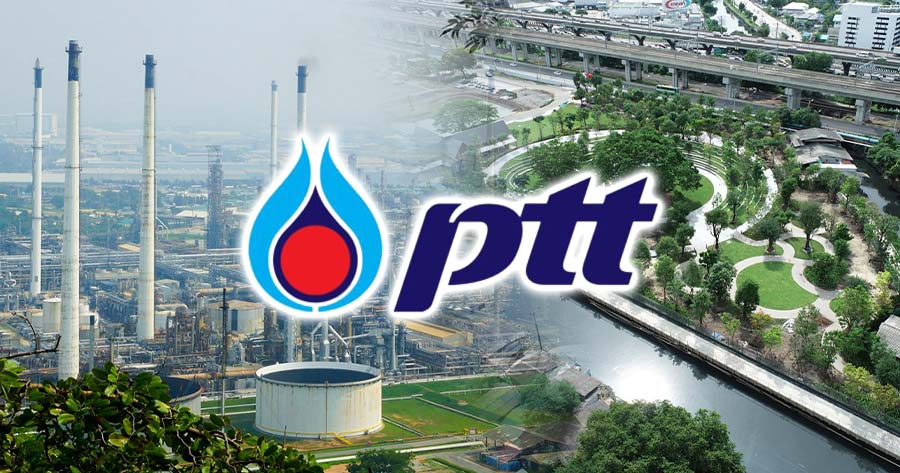Bualuang Securities (BLS) has analyzed the impact of potential policies from the new government on the Thai energy sector, expecting broad-based benefits for stocks in this group. According to the brokerage, PTT is its most preferred stock within the sector.
New Gas Price Structure: Lower Costs and Improved Margins
A central policy of the new government under Prime Minister Anutin Charnvirakul focuses on lowering the cost of living. Therefore, reducing electricity bills is expected to be among the measures carried forward, alongside ongoing plans to restructure gas prices.
The plan would use gas prices from the Gulf of Thailand as a central reference point to calculate the price of gas supplied to natural gas separation plants and SPP power plants. Typically, gas from the Gulf of Thailand is about $2-3/MMBtu lower than the average pool gas price.
Both PTT and SPP power plant operators would benefit the most from this scheme. Bualuang’s scenario analysis shows an upside to PTT’s profit estimates of about 7% per year.
Domestic Oil Price Structure: No Immediate Changes Expected
The draft new Energy Act, originally developed under the previous Energy Minister, aims to control domestic finished oil prices. If this bill passes in its current form, finished oil and LPG prices will be based on actual costs rather than current Singapore market prices.
However, Bualuang does not view this as an immediate priority for the new government, given that the Singapore refining margin and crude/finished oil prices remain low.
Non-OPEC oil-exporting countries are expected to increase crude output by 1.6 million barrels per day (bpd) this year, which exceeds global demand growth of around 1.0 million bpd. Meanwhile, OPEC+ has agreed to gradually ease production cuts through October (OPEC already ended crude output cuts of 2.5 million bpd since April 2025). This environment helps reduce pressure on refinery margins, while falling finished oil prices relieve marketing pressure on retailers such as OR and PTG.
The draft also includes establishing a Strategic Petroleum Reserve (SPR) to mitigate supply disruptions and ensure Thailand has sufficient crude reserves during emergencies. While intended to reduce price shocks, Bualuang notes the SPR faces major challenges due to significant investment required for storage infrastructure and working capital needs to purchase crude oil.
Petroleum Exploration Blocks: New Bidding Round Expected this Year
The new government is also expected to open bidding for the 26th round of petroleum exploration blocks later this year (in the offshore Andaman area). Any commercial discoveries would strengthen Thailand’s energy security and boost earnings for E&P companies that win the auctions, such as PTTEP or BCP’s exploration and production business. However, even if significant resources are discovered, it typically takes about 7-8 years from discovery to commercial production.




